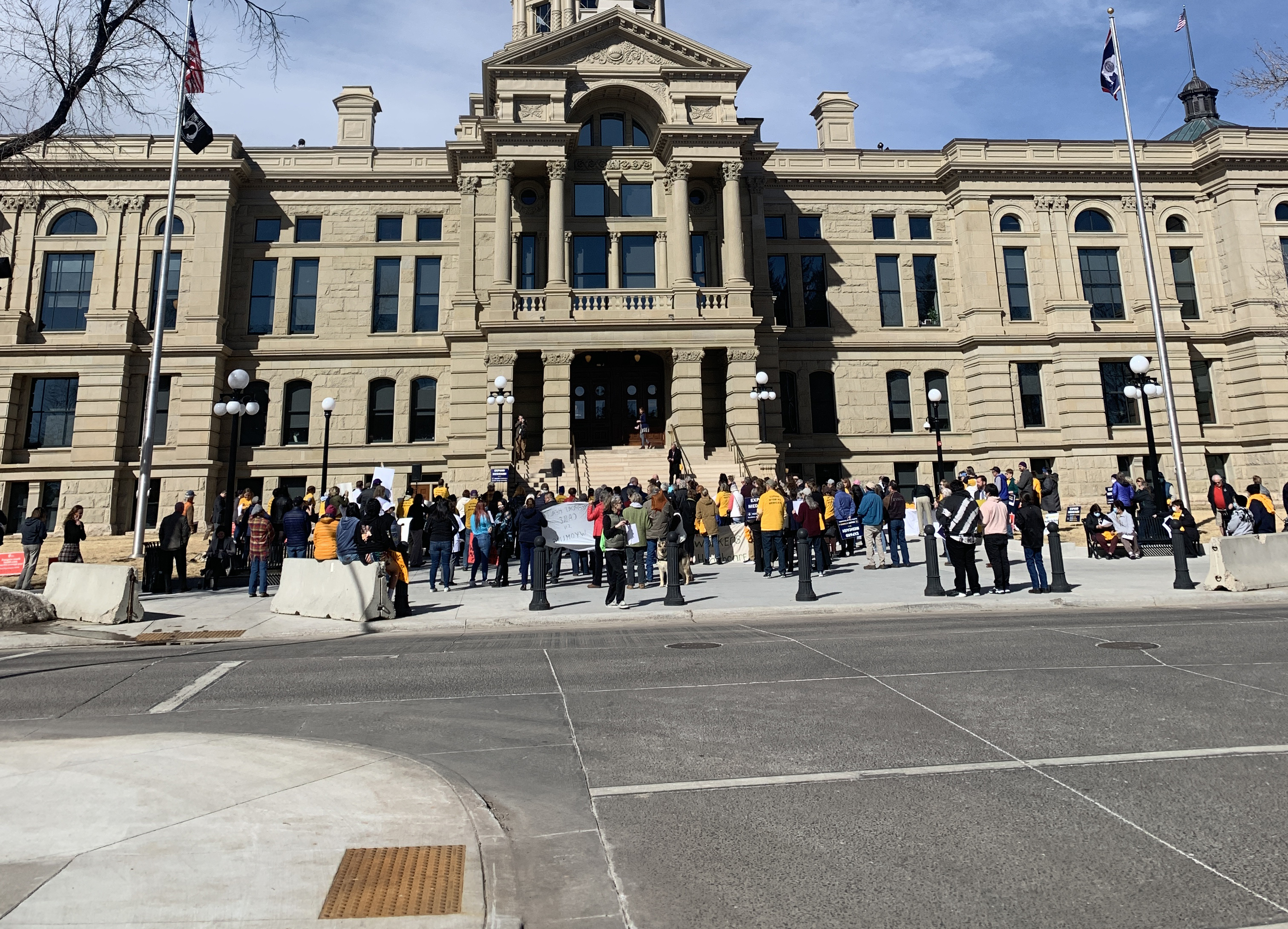Like all businesses, hospitals need to make money to keep their doors open.
But Wyoming hospitals lose more than $100 million a year from “uncompensated care.”
What is “uncompensated care”? The term refers to treatment that hospitals or health clinics provide, but for which they do not receive payment.
For instance, if a person who does not have health insurance or a high-paying job is seriously injured, they will go to the emergency room and receive treatment. But they will not be able to pay for it.
Unsurprisingly, most “uncompensated care” goes to people who do not have health insurance. There are between 20,000 – 30,000 uninsured adults in Wyoming today.
When a patient cannot pay for treatment, the hospital still has to pay the doctors and nurses who provided care. They need to pay for medical equipment and supplies, recordkeeping, and so forth.
But because the hospital does not receive payment from the patient, and there is no insurance company to bill, they have to eat the cost of providing the care.
That is how “uncompensated care” works, in a nutshell. And, again, according to the Wyoming Hospital Association, our hospitals lose roughly $100 million a year because of it.
Who pays? YOU PAY.
When people receive treatment in Wyoming hospitals that they cannot afford, the rest of us end up paying for it.
Like any business, a hospital needs to balance its books. So if a hospital loses millions of dollars because of “uncompensated care,” it must somehow make up for that loss.
Wyoming hospitals often offset “uncompensated care” losses by charging higher prices for things like tests, surgeries, and other services they provide.
“Uncompensated care” is a big reason Wyoming has some of the highest healthcare costs and insurance premiums in the nation.
Since insurance companies pay for most medical treatment, they are the ones who pay these higher prices. Likewise, they pass on the higher costs on to their own customers by charging higher insurance premiums.
That is why “uncompensated care” is a big reason Wyoming has some of the highest healthcare costs and insurance premiums in the nation.
Medicaid expansion solution
“Uncompensated care” is not an issue specific to Wyoming. Hospitals across the United States have had to figure out how to confront this problem.
However, most other states have dramatically decreased their hospitals’ “uncompensated care” losses by expanding Medicaid.
Since these states’ hospitals lose far less money providing “uncompensated care,” they do not pass the costs on to other healthcare consumers. As a result, these states’ residents have lower healthcare costs and cheaper insurance premiums.
Medicaid expansion decreases “uncompensated care” costs because it provides insurance for people who would otherwise go to the emergency room without any means payment.
Instead of receiving no payment, the hospital can bill Medicaid.
Medicaid expansion decreases “uncompensated care” costs because it provides insurance for people who would otherwise go to the emergency room without any means payment.
Currently, Wyoming hospitals’ “uncompensated care” costs are paid by the state’s residents via higher medical bills and insurance premiums.
If Wyoming expanded Medicaid, those costs would be distributed across the nation, since federal funds pay for 90 percent of Medicaid expansion.
Right now, Wyoming residents’ federal taxes pay for Medicaid expansion in other states and covering their “uncompensated care” costs. But our taxes do not benefit our own hospitals and patients.
This is one of many reasons Wyoming should expand its Medicaid program.




